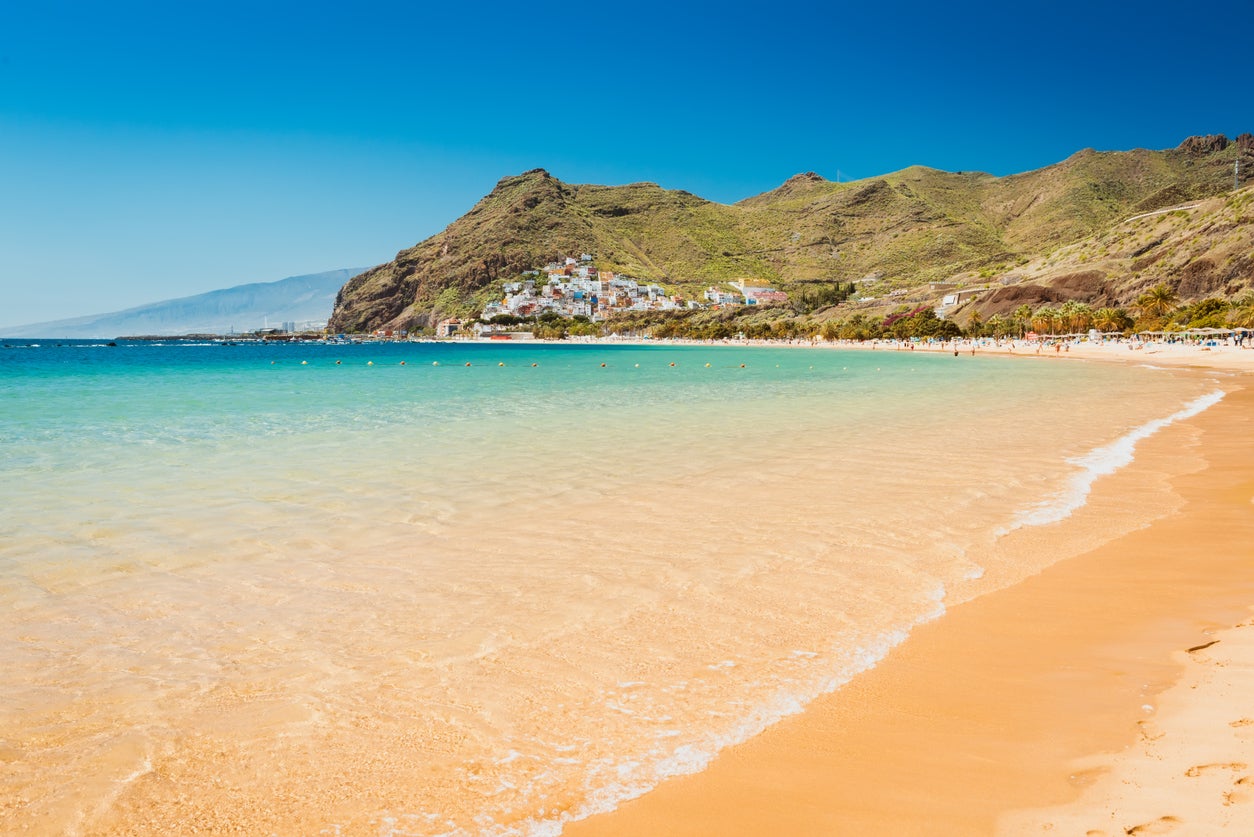Greater clarity is urgently needed on the government’s international travel advice
Editorial: Would a solid legal framework on what is and isn’t allowed when it comes to going abroad be the fairest and clearest approach?

At every stage in managing the coronavirus pandemic, governments have had to choose between legislation and persuasion. The UK authorities have occasionally gone too far in the authoritarian direction, as when police officers tried to stop people sunbathing last year or when parliament inadvertently made protest illegal.
The advantage of legal bans is that they are clear and fair, in that – in theory at least – everyone is treated the same. The problem with advice is that some people will take it more seriously than others, and that some people will, in the memorable words of Jonathan Van-Tam, the deputy chief medical officer, “tear the pants out of” the guidance.
As we report today, there is some confusion about the government’s policy, especially on foreign travel. Holidays in “amber list” countries such as Spain, France and Greece are not banned, but they are discouraged. The prime minister has said that people should not travel to and from such countries except in “extreme circumstances”, such as the serious illness of a relation.
A Savanta ComRes poll for The Independent finds that 60 per cent of people agree that it is “not reasonable” to holiday in such countries, which is perhaps a surprisingly low figure, while 25 per cent said they thought it was reasonable. That suggests that large numbers are intending to travel, many of them anticipating that countries will be moved on to the green list in the next few weeks.
The government presumably calculates that such lack of clarity means that, in aggregate, the number of travellers will be kept low without actually shutting down tourism altogether, but it seems unsatisfactory that people who are prepared to ignore official advice should be rewarded in this way.
The prime minister needs to be more explicit about the risks of increased international travel. We report today the warning of Aris Katzourakis, professor of evolution and genomics at the University of Oxford, that holidaymakers could bring variants of concern back to the UK this summer because data “blind spots” make it difficult to know which European nations might be harbouring them. That would suggest that the government should be cautious about putting more countries on the green list, but does it mean that other countries should be put on the red list? It would be useful to have more information.
Other scientists are critical of the government’s wider shift from compulsion to advice. Professor Stephen Reicher, a psychologist on a sub-committee of the Scientific Advisory Group for Emergencies (Sage), said that mixed messages from ministers are “undermining” the government’s response to the virus. “They are saying to us, for instance on travel: ‘You can travel internationally but please don’t.’ They say of social contact, ‘You can hug, but please don’t hug.’ They say of restrictions, ‘No restrictions but please don’t go in and out of the hotspots.’”
In general, The Independent believes that citizens are capable of dealing with such alleged contradictions, and that it is better to rely on advice rather than law. We are in a strange transitional period as we emerge from the pandemic where some social mixing can be allowed but caution is still needed, and the law cannot account for all circumstances.
But international travel remains one area where greater clarity is urgently needed, and if that requires hard and fast legal rules to be laid down as to what is permissible, that seems the fairest and clearest approach.



Join our commenting forum
Join thought-provoking conversations, follow other Independent readers and see their replies
Comments